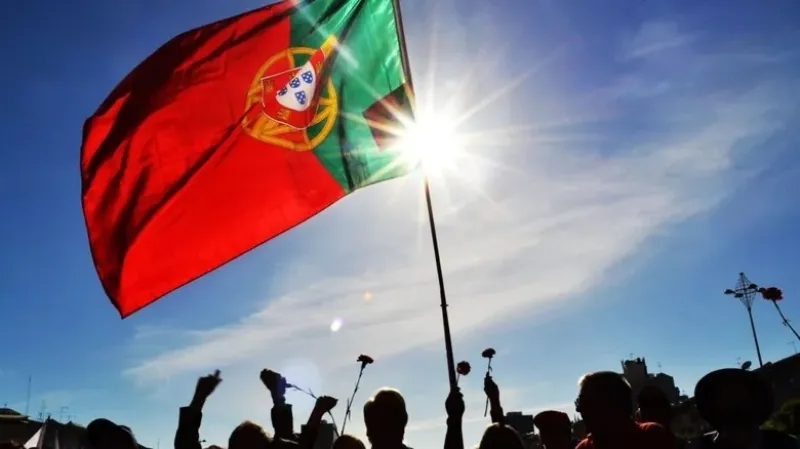For the 19th consecutive year, freedom has been deteriorating in various parts of the world. The international organization Freedom House, which defends human rights, annually publishes a ranking of global freedoms, analyzing 195 countries and 13 territories.
Finland, New Zealand, Norway, and Sweden continue to top the list, thanks to their strong multi-party democracy and independent judicial systems. The deterioration of democratic institutions in the United States has caused the country to lose ground.
In contrast, Portugal remains firmly among the 15 freest countries on the planet, reinforcing its role as a benchmark in terms of civil and political rights. Regions such as the Gaza Strip, South Sudan, and the Ukrainian territories under Russian occupation have extremely low levels of freedom, according to the analysis.
In 2024, a year marked by numerous elections, 60 countries saw their freedom levels decline. About 40% of nations and territories that held elections faced targeted attacks on candidates, worsening democratic instability.
Still, some positive signs are emerging in countries like Bangladesh, Bhutan, and Syria, where political reforms have helped improve freedom indicators. On the other hand, El Salvador, Haiti, and Kuwait saw sharp declines.
Of the ten freest countries, only two have populations over 10 million: the Netherlands (18 million) and Canada (39 million). In the United States and other nations, trust in institutions has fallen dramatically, accompanied by growing political polarization and rising inequality—factors that further weaken public trust in democracies.




